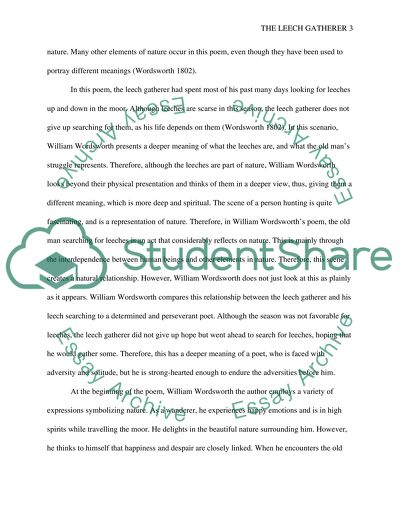Cite this document
(“Perspectives literary landscapes Essay Example | Topics and Well Written Essays - 1500 words”, n.d.)
Retrieved from https://studentshare.org/literature/1619317-perspectives-literary-landscapes
Retrieved from https://studentshare.org/literature/1619317-perspectives-literary-landscapes
(Perspectives Literary Landscapes Essay Example | Topics and Well Written Essays - 1500 Words)
https://studentshare.org/literature/1619317-perspectives-literary-landscapes.
https://studentshare.org/literature/1619317-perspectives-literary-landscapes.
“Perspectives Literary Landscapes Essay Example | Topics and Well Written Essays - 1500 Words”, n.d. https://studentshare.org/literature/1619317-perspectives-literary-landscapes.


